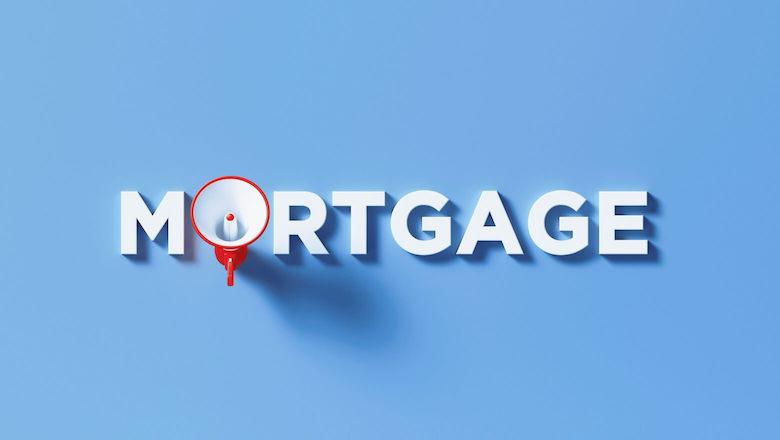If you missed your chance at refinancing your mortgage at a super-low rate, the standoff over the raising the federal debt limit is giving you what may be one final opportunity.
Normally, signs of a softening economy are a bad thing for consumers. But if you're still hoping to refinance your mortgage or are looking to buy a home, the standoff offers what will likely be a short-lived opportunity to lock in the kind of low rate that many thought was gone for good.
Approaching 4 percent again
Rates dropped sharply in mid-September after the Federal Reserve announced that it would not be cutting back on its bond-buying program as many had speculated, and they've continued to sink with the partial government shutdown that began Oct. 1 and as the prospect of a full government shutdown appears more likely.
According to some surveys, fixed-mortgage rates have declined by about half a percentage point since the Federal Reserve meeting in mid-September. Many services are reporting average 30-year fixed-rates of around 4.25 percent are available for borrowers with good credit and 20 percent down/equity, with Zillow reporting 30-year rates approaching the 4 percent level once again.
Surveys are reporting 15-year fixed-rate mortgages, popular for refinancing, are currently running about a full percent lower than the 30-year variety.
Delays in approvals are likely
If you're looking to buy or refinance, the shutdown does present a few problems. Although lenders are continuing to process most mortgage applications, including those for loans backed by the FHA, VA, Fannie Mae and Freddie Mac, they can't finalize until at least some government operations are restored.
That's because they need to verify incomes and social security numbers with the IRS and Social Security Administration before those loans can be approved, and those agencies are officially on shutdown at the moment.
So if you are applying for a purchase or a refinance, you may want to lock in your rate for a bit longer than you normally would - for example, 60 days instead of the usual 30.
Mortgage rates generally sink on economic uncertainty, as investors become more pessimistic and are willing to accept lower returns on safe investments. This reduces the rate of return on Treasury bonds, considered the safest of investments, and mortgage rates and other interest rates typically follow.
What about a full shutdown?
The partial government shutdown that began Oct. 1 is generally seen as having a slightly dampening effect on the economy, due to federal workers not getting their paychecks and the closure of federal offices preventing certain government-dependant business transactions - such as approvals for small business loans - from being carried out.
The greater concern though, is the uncertainty over the possible effect of a full government shutdown and failure of the U.S to make its debt payments. That's the main thing that has investors scurrying for safe cover and allowing interest rates to sink even further.
The deadline for resolving the standoff - in which House Republicans are refusing to raise the debt limit without significant changes or delays to the Affordable Care Act, or ObamaCare - is Oct. 17. If it appears a deal is in the offing, rates may begin to edge back up before that date; if the deadline passes, they could fall even further.





